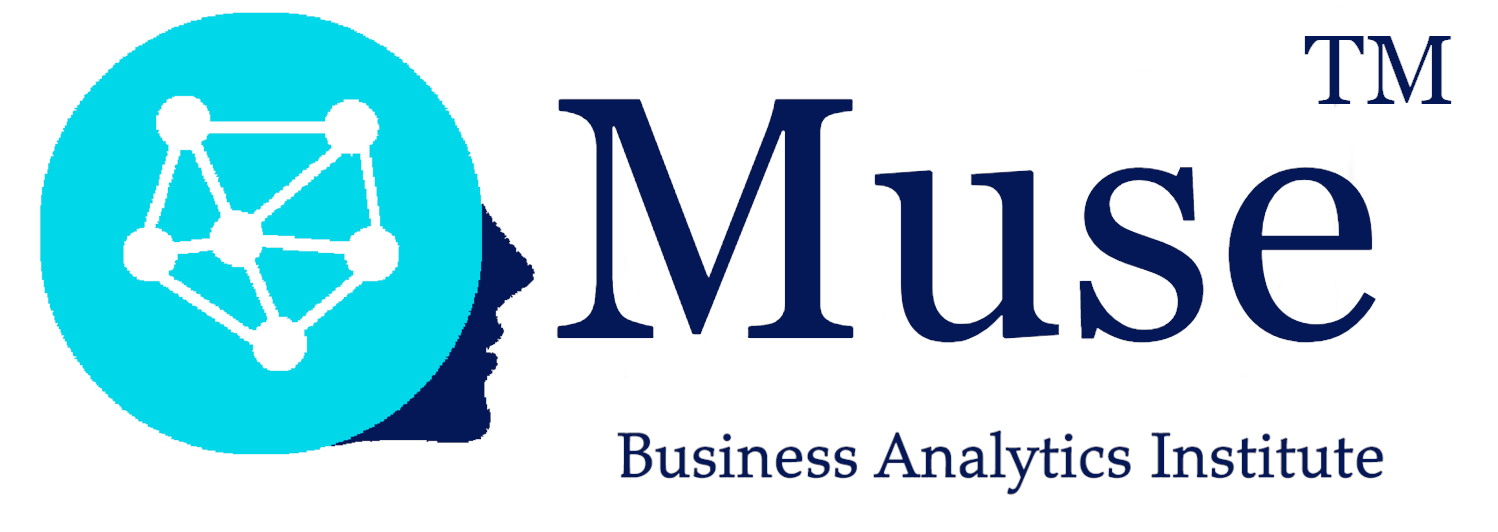Big data ethics
Source: Social Science Research Network - SSRN
The publication was first released on 14 May 2014. However, 9 years later, this publication is still relevant today.
While the years have passed, the rise of big data (and data lakes) has only increased with time. Organizations are demanding more and more data, and collecting just as much.
In this publication, written by Neil M. Richards and Jonathan King, the authors explain that companies handling (collecting and reselling) big data need to take into account the power that this data gives them. This power attributed to companies requires the development of a data ethic in order to avoid any drift. Unfortunately, in certain countries such as China (surveillance cameras, social credit, etc.), political institutions have created "digital" repressions.
« Where there is great power there is great responsibility ». Winston Churchill
In addition to exploring the origins and growth of big data, the authors develop a new ethic, a "Big Data Ethics".
To achieve this, Neil M. Richards and Jonathan King set out a set of 4 interdependent principles.
The 4 principles identified:
Privacy;
Confidentiality;
Transparency;
Identity.
The authors also propose how these 4 principles can be integrated.
To achieve this, the authors advocate implementation, mainly through legislation.

